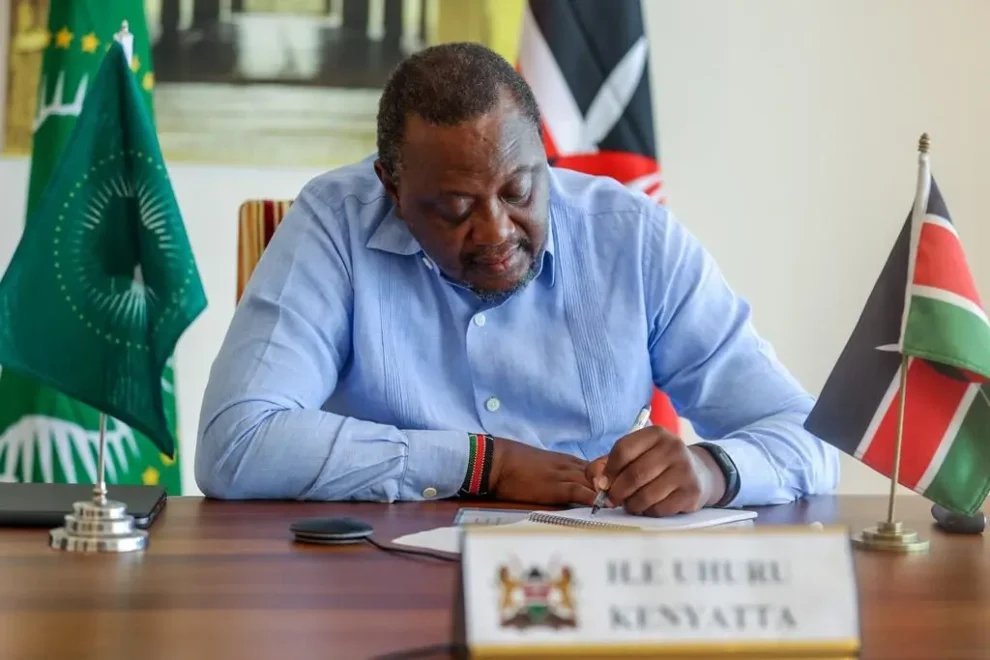The controversy surrounding the Ksh 350 million tax waiver granted to NCBA Bank in 2019 has raised serious concerns about potential misuse of presidential influence.
During Uhuru Kenyatta’s presidency, this waiver was granted as part of the merger between the Commercial Bank of Africa (CBA) and NIC Group.
This decision benefited the Kenyatta family, which owned a big stake in CBA, leading to accusations of preferential treatment and loss of public funds.
Critics argue that the waiver was not only opaque but also possibly illegal.
Activist and Senator Okiyah Omtatah challenged the decision in court, claiming that the then-Treasury CS Henry Rotich lacked the authority to exempt the bank from taxes.
According to court documents, the waiver caused a loss of Ksh 350 million in potential revenue to the public, a substantial amount that could have supported government projects or public services.
Defenders of the waiver, including NCBA Managing Director John Gachora, argue that it was legally sound and part of facilitating a complex corporate merger involving over 26,000 shareholders.
However, this justification has not silenced allegations of conflict of interest, particularly given that the Kenyatta family retained 53% of the merged entity while NIC shareholders received 47%.
This ownership structure has fueled claims that the tax exemption was designed to favor the former president’s business interests at the expense of taxpayers.
The current government has scrutinized the Kenyatta family’s business dealings, with some officials calling for audits of all tax exemptions granted to their businesses.
Critics see this as a broader effort to ensure accountability for potentially exploitative decisions during Uhuru’s tenure.
Public outcry over the waiver reflects growing frustration with systemic favoritism and inequality in Kenya.
While NCBA insists it is ready to repay the Ksh 350 million if the courts find the waiver unlawful, many view this as a reactive stance rather than a proactive commitment to accountability.
The issue highlights a troubling precedent where political power intersects with private business benefits, leaving ordinary Kenyans to shoulder the financial burden.
These developments cast a shadow over Uhuru Kenyatta’s legacy, raising fundamental questions about the ethical boundaries of leadership and the responsibility of public office to prioritize national interests over private gain.





















Add Comment